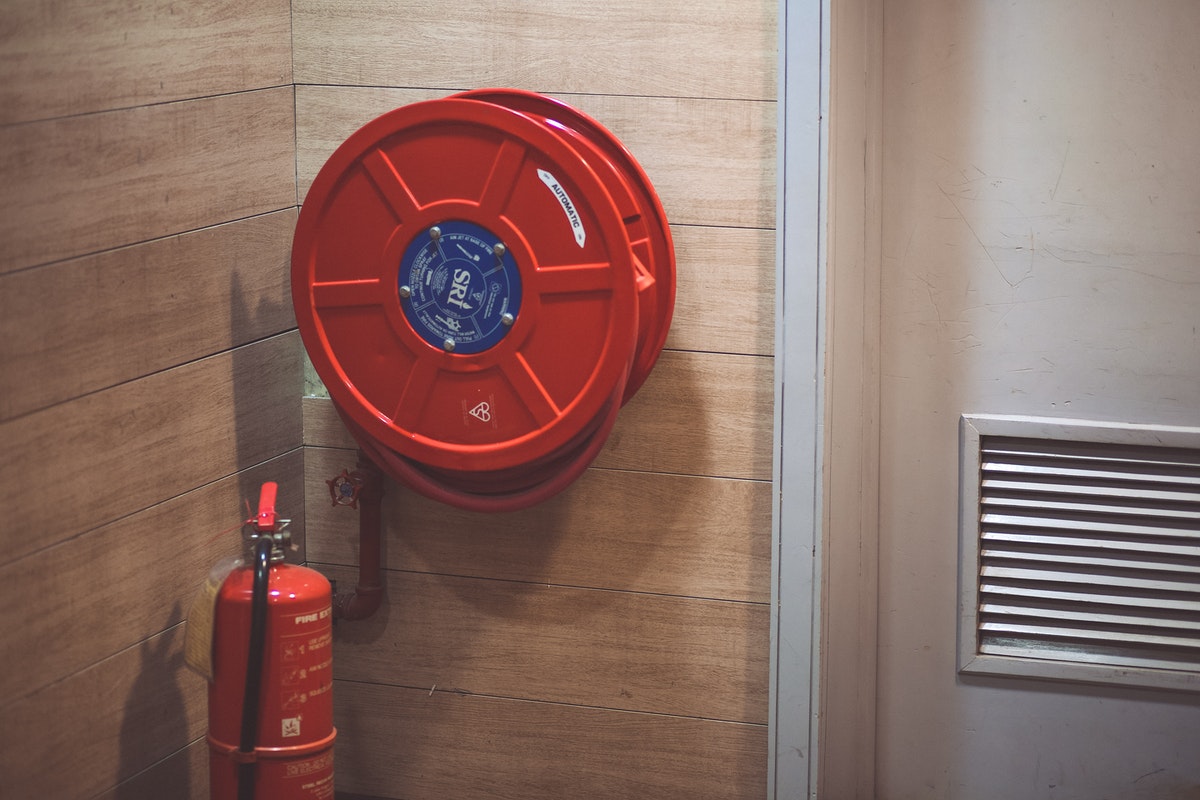Running a business is already hard enough without having to think about property maintenance. You have to look after your employees, talk to vendors and clients, and make sure the lights stay on. You also have to make sure that your property remains in good condition, whether it’s a small store or an entire building.
Owning your own building isn’t that different from being a landlord. The only difference is you are your own tenant. That’s why you need to attend to all building concerns right away. You have no one but yourself to blame if a small issue turns into a full-blown crisis. After all, nobody wants to work in a building with plumbing issues or a pest infestation.
Safety is an ongoing issue. Just because you’ve invested in smoke alarms doesn’t mean a fire won’t happen. You have to be constantly on guard for any threats, and complacency on your part can cost lives down the line. All properties have to comply with safety laws and regulations to keep everyone safe. The next time you hear from government inspectors, think of it as an opportunity to improve your situation and make your property safer.
There’s always something that needs fixing if you own a building and I’m sure your property has its fair share of issues. You’ll have to deal with everything from electrical issues to extreme weather events. Here are a few things you can do to keep your property safe and secure.
1. Focus on fire prevention
Laws may vary depending on the jurisdiction, but buildings are typically required to have a fire detection and prevention system in place. At the very least, you’ll need fire extinguishers and smoke detectors. Sprinklers may also be required in commercial and industrial buildings. Fire is one of the top causes of property destruction and a lax approach to fire safety can lead to death and destruction.
As the property owner, it’s your job to keep your building secure. You can’t prevent a fire if you don’t how they start and spread. Start by getting fire safety training. Using the knowledge you’ve gained, you can then identify problem areas that could potentially cause or exacerbate a fire. This is especially important if you run a commercial kitchen or commissary.

2. Invest in physical security
Commercial and industrial properties are prime targets for threat actors. If you don’t invest in physical security, someone could break into your property and steal valuable assets and information. You may want to invest in basic security features including surveillance cameras, electronic door locks, and armed contract security guards.
Physical security can be expensive and securing every part of your property isn’t the best use of your resources. It’s best to focus on possible bottlenecks and problem areas to maximize your investment.
If you own a warehouse or workshop, you can increase your security by investing in motion sensors and steel doors. Even if you don’t have a storeroom within the premises, the tools and equipment are prime targets as well. It’s important to secure all possible points of entry, including the windows. An alarm system, supplemented by security guards, can deter theft.
3. Cover all exits
It’s not enough to protect against external intrusion. You also need to ensure that anyone who manages to make their way inside your property won’t be able to leave. The best way to do that is to secure all doors and windows. Doors are relatively straightforward: just use steel and lock it at night. But windows are more tricky. If you keep them closed all the time, you might as well brick up the windows.
We need windows for light and airflow. One way to secure your windows is to swap out the old glass panes with fortified security glass. Just make you’re getting the right type of glass. Some glass panes are shatter-resistant while others are bullet and blast-proof. It all depends on your needs and budget.
4. Use psychology to your advantage
Security is about fifty percent psychology. Appearances alone can deter criminals from targeting your property. Even something as simple as warning signs can go a long way in improving security. If you have a strong security system, you better announce it to the world.
A final word
These four security tips will help you keep your property safe and secure. Property maintenance is just as difficult as running a business, but there’s no denying the savings and prestige a business can enjoy by owning its own building. But maintenance isn’t just about fixing broken pipes and wiring. You also need to keep threat actors out to safeguard your assets and employees.

